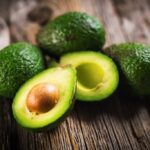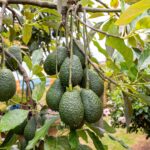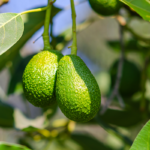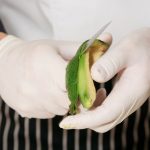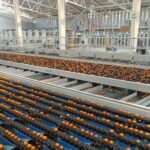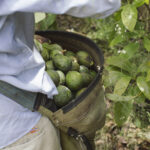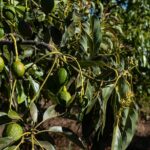New sustainable packaging project to extend guacamole's shelf life
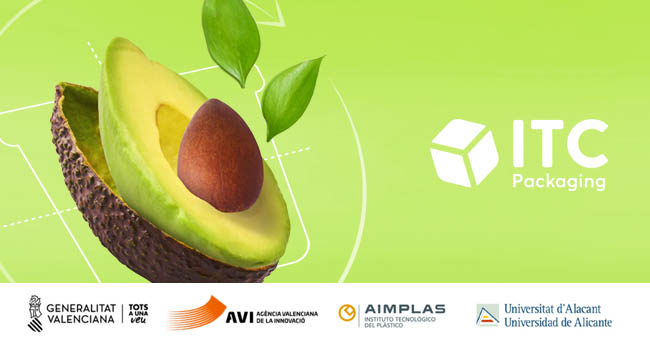
The Guacapack Project aims to use renewable resources to develop a biodegradable packaging system that includes barrier labels and antioxidant additives from avocado waste to extend the food's shelf life by 15 percent.
When avocados are processed for use in food items, the amount of waste produced can account for more than 45 percent of the total weight of the avocado, acccording to a press release.
In order to make use of this waste and extend the shelf life of prepared products, AIMPLAS, the Plastics Technology Centre, is creating a label with an oxygen barrier function that prevents the oxidation of food while also incorporating antioxidants from the avocado itself to reduce the use of synthetic preservatives.
To do this, startch from the avocado seed is extracted and purified to obtain a film that can be used to make multilayer IML labels with the above properties.
Additionally, the active components of the avocado fruit's waste will be used as a component of a bioplastic (PLA) that will be injected moulded to manufacture the packaging system.
"This option provides an alternative to the use of synthetic additives, as well as a new, high value-added use for agri-food waste to obtain biodegradable packaging from renewable sources. The project is therefore fully aligned with circular economy criteria."
This project will also help achieve the United Nations Sustainable Development Goals (SDGs), especially SDG 3 on Good Health and Well-Being, SDG 9 on Industry, Innovation and Infrastructure, and SDG 12 on Responsible Consumption and Production.
The project is funded by the Valencian Innovation Agency and led by the company ITC Packaging and the Universidad de Alicante’s research group on Polymer and Nanomaterial Analysis (Nanobiopol-UA) is also taking part.

















